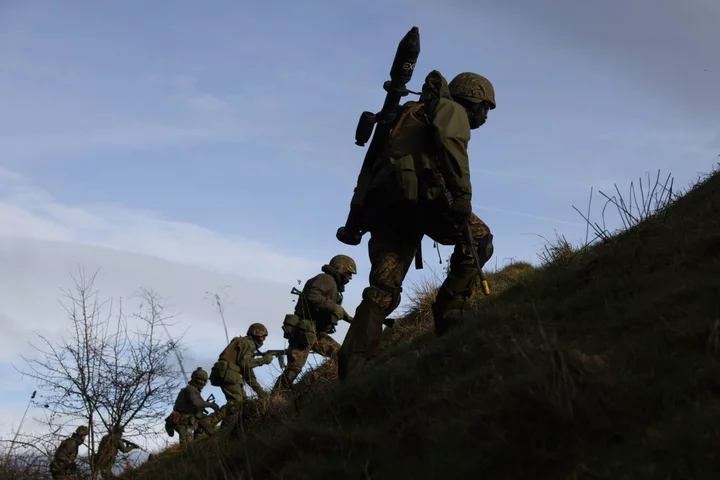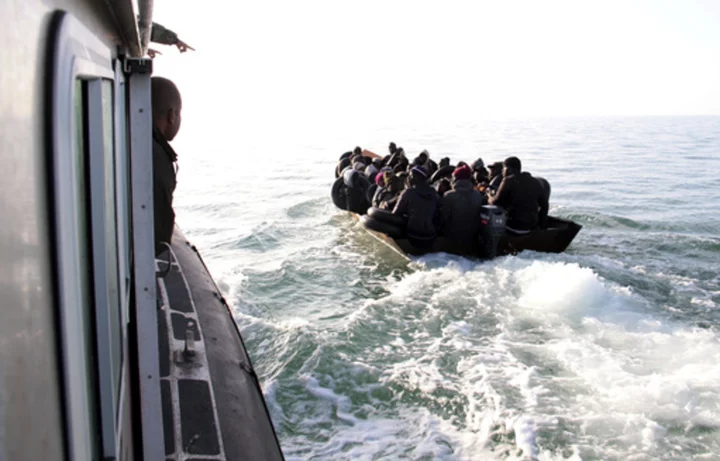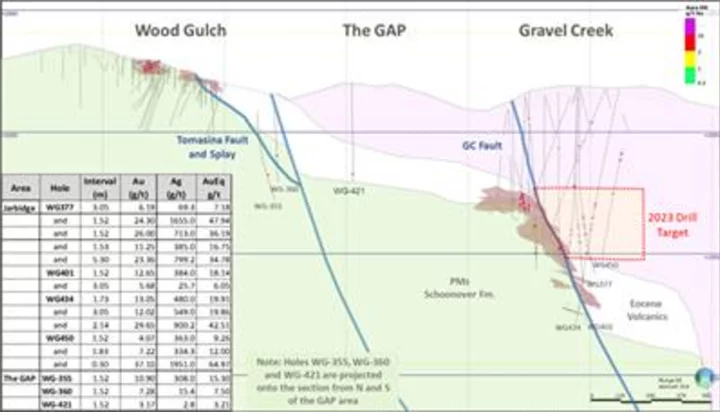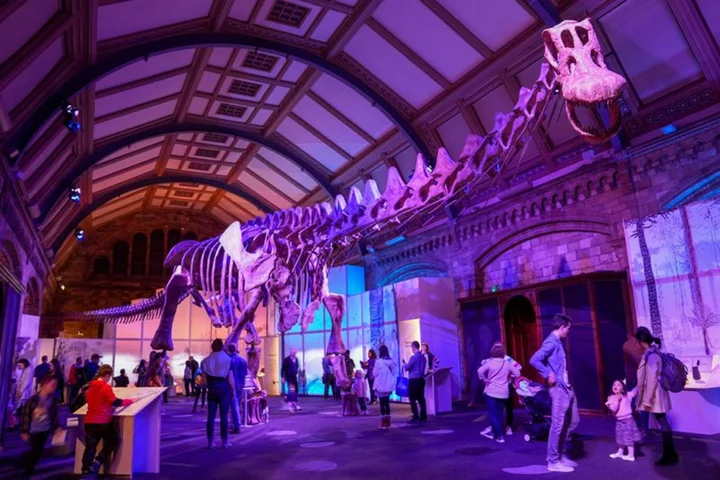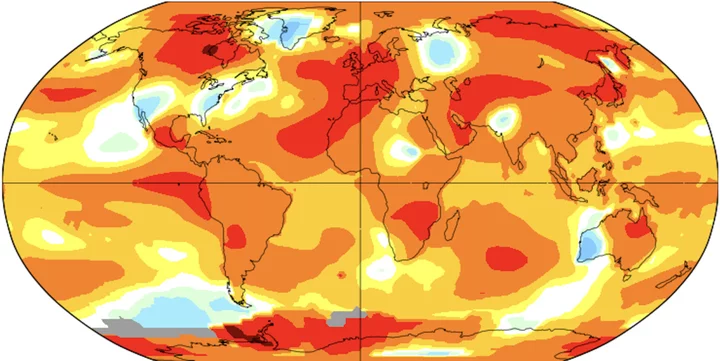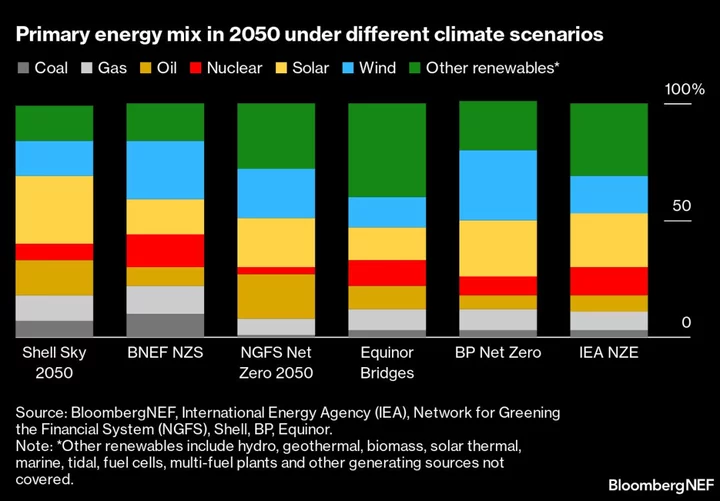The UK military’s troops and machines need to adapt quickly to a rapidly warming world, according to a House of Commons report, that also spotlighted how a melting Arctic will open new maritime routes and potential battlegrounds. This year is on course to be the hottest ever in human history and as the planet warms, extreme weather events are set to become more frequent and intense. Britain for the first time on record experienced temperatures surpassing 40C last year. The conditions fueled wildfires across its capital city, making July 19 London Fire Brigade’s busiest day since the Second World War. Flood risks are also rising, with the report saying as many as 3.3 million Britons are expected to live in high-risk areas by 2050, up from 1.8 million now.“In recent years, the military has stepped in during national emergencies, from flooding, to Covid, to strikes,” said Tobias Ellwood, a member of parliament and chair of the defence committee that authored this report. “We cannot expect Service personnel to become the ‘responder of the first resort’ when dealing with environmental crises,” he said, adding climate crises were “a part of our future.” Read More: War, AI and Climate Change Shake Up $32 Trillion in World TradeAs climate change melts polar ice at an unprecedented rate, more areas around the Arctic will open up, leading to increased traffic, trade and even mining in Siberia by Russia. This, as well as other climate emergencies, create a key challenge of ensuring military assets can function in more extreme environments.The report found evidence of how military vehicles, usually designed for temperatures up to 45C, had to operate in Iraq and Afghanistan at over 50C. Warships, which have traditionally have relied on the cooling effect of the seas, discovered that warming oceans were “eroding the efficacy of existing naval engines,” it said. Read More: Ocean Temperatures Hit 90F Degrees, Fueling Weather DisastersBesides preparing for future emergencies, the UK’s defense forces can also do “much more” to reduce its carbon footprint and bolster their ability to reach the net zero target by 2050, the report said. The military, which accounts for around half of the UK government’s emissions, should focus on fitting low carbon technologies into existing military bases and infrastructure, it suggested.Broader decarbonization efforts are also needed for assets that will be deployed soon -- including armored vehicles and Royal Navy ships that will be fossil fuel powered but remain in service after the 2050 net zero target, the report said.
Other challenges to the military include the cost of retrofitting the UK’s existing fleet of warships to handle Arctic ice if the region opens up for passage. Other nations, such as Russia, China and Canada were “hardening some of their ships’ hulls” for these voyages, the report said.“The Armed Forces can expect to have to operate in more demanding environments at more extreme temperatures,” Ellwood said. “Adaptability will prove key to our Armed Forces’ success.”

